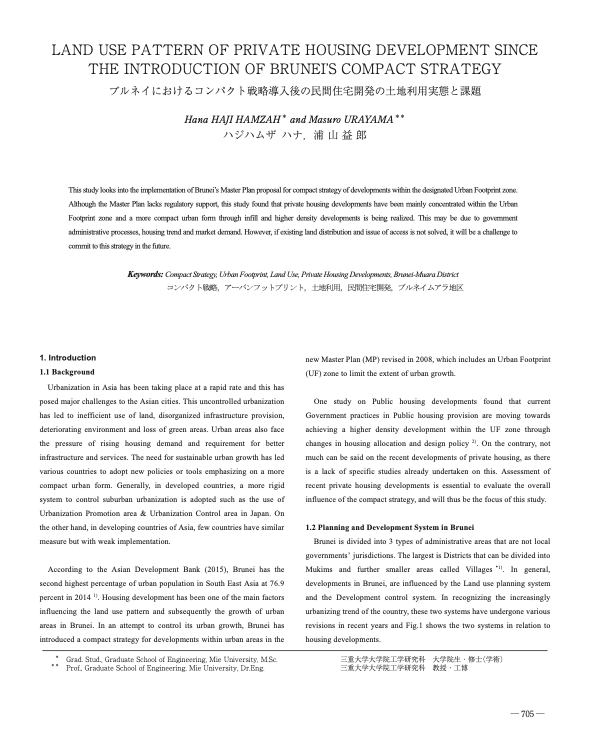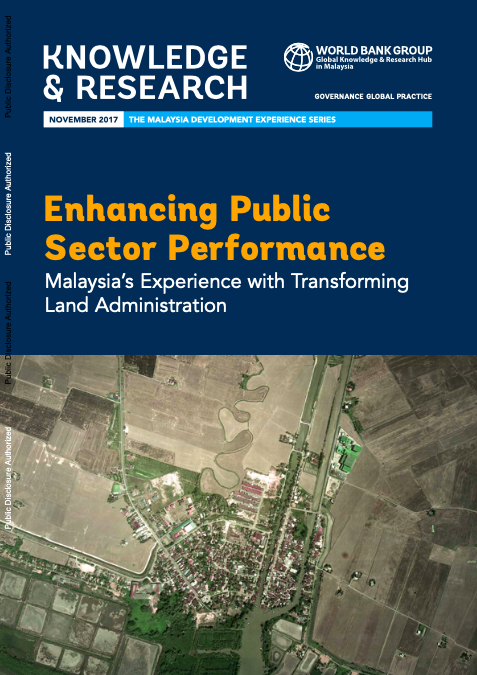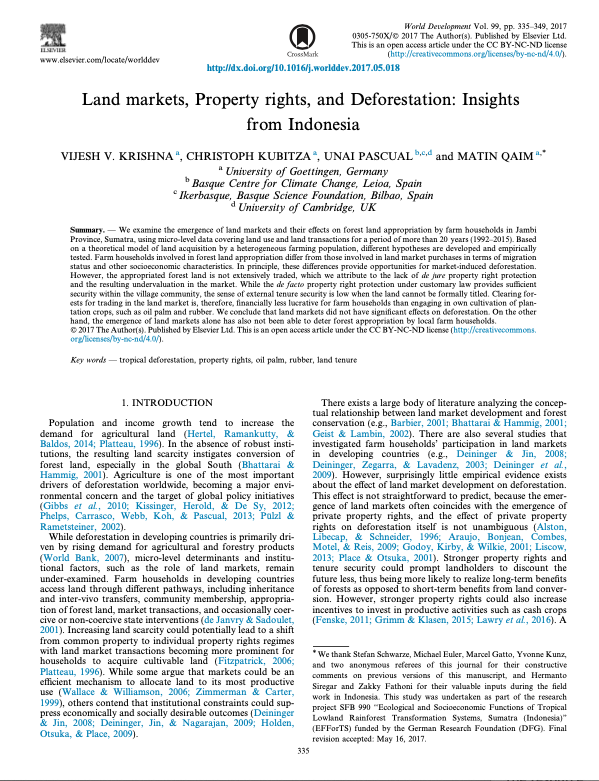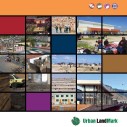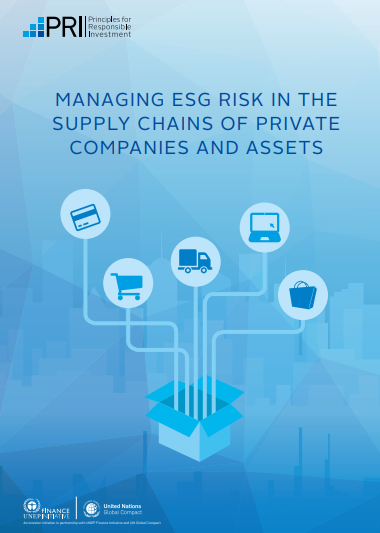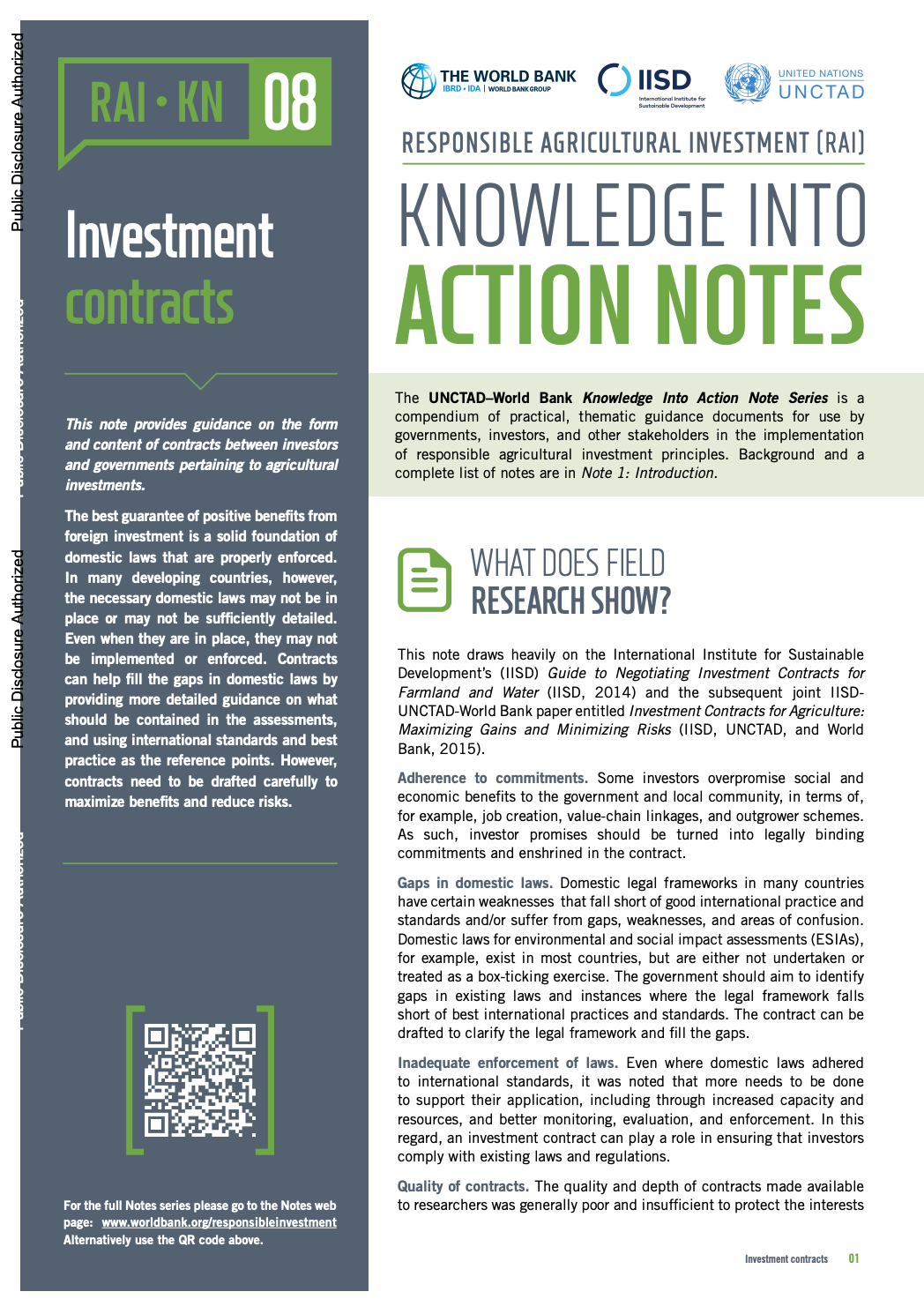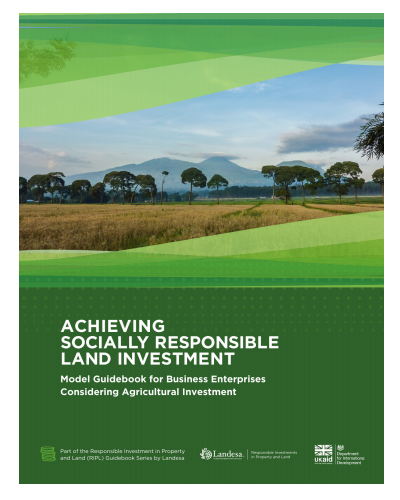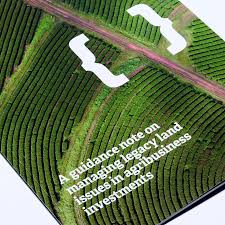Land Use Pattern of Private Housing Development Since the Introduction of Brunei's Compact Strategy
This study looks into the implementation of Brunei’s Master Plan proposal for compact strategy of developments within the designated Urban Footprint zone. Although the Master Plan lacks regulatory support, this study found that private housing developments have been mainly concentrated within the Urban Footprint zone and a more compact urban form through infill and higher density developments is being realized. This may be due to government administrative processes, housing trend and market demand.

